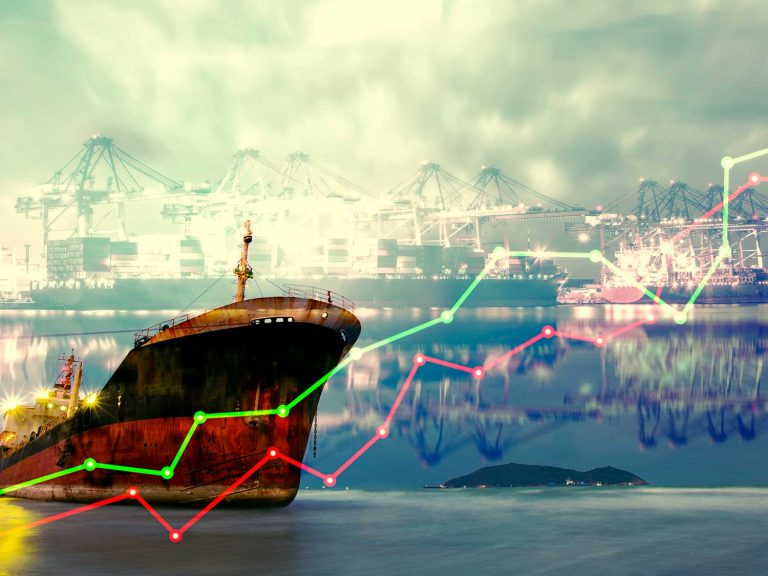
Date:
Sea freight market will continue to challenge in 2023
Despite hopes for a normalisation of container shipping from Asia, UK and European importers continue to struggle with excess inventory, continuing port disruption, blanked sailings and fewer direct vessel calls. This is in fact now the case globally, regardless of the continent and country, from the USA to Australia. It is not particular or restricted to Europe.
Schedule reliability is improving slowly, but with global statistics reported at 46% and just 30% from Asia, there is a long way to go to the 80% that is required for predictability. Or what was expected pre-Pandemic as a ‘given’. Supply chains and expectations have adjusted accordingly, and some now even want longer transit times to act as a floating warehouse, without a storage cost, it would seem.
As consumer confidence has impacted demand, volumes have fallen faster than expected, releasing capacity from port congestion and freight rates dropping from the record highs at the start of the year, to near bearable levels, although the contract market follows behind based on commitments by carriers and customers in early 2022. This will change as we enter the new year we anticipate.
But even as spot rates fall, shippers continue to face cargo rollovers, inaccurate information from carriers and service diminishment, as sailings are cancelled, blanked and direct calls reduced.
Blank sailing programmes across the major East/West trades, mean that 16% of capacity will be removed over weeks 40-44 and 12% of sailings blanked from Asia to Europe over the next 12 weeks, effectively removing 480,000 TEU’s of capacity.
The Global Shippers’ Forum has highlighted new vessel service calling patterns, noting that there has been an increase in the number of services connecting no more than two regions and a reduction in those linking more than two regions, which means that multi-port loop schedules are being replaced by shuttle services with transshipment required for containers to reach their destinations.
Headhaul and regional trade volumes in August 2022 were at their lowest level in six months, with imports from China down 7% in August, confirming the lack of peak season activity in key trade lanes.
In August 2022, port congestion absorbed 6-8% more of the fleet than in pre-pandemic 2019, but the fleet has grown over 11% in that period and capacity supply was therefore 3-5% higher, with the potential to grow even more.
How effectively carriers match capacity with falling demand will determine how much of the money they earned during the period of super-profitability they will hold on to.
Keeping pace with falling demand looks increasingly difficult, with the current new-vessel order book reaching 30% of the existing fleet size. The deliveries coming on stream and capacity released by easing port congestion next year could be as high as 11.3%, while demand is forecast to grow lass than 2%.
The sustained demand and chronic supply chain congestion that guaranteed carrier windfalls over the last two years have gone, and market conditions are deteriorating quickly, as high inflation eats into consumers’ spending power, which means the shipping lines will have to ‘up their game’ to keep the profits flowing.
Over the next two years, HSBC estimates that overcapacity and falling demand, unexpected intensity, will drive carrier profits down by more than 80%. In essence, further disruption and disfunction – just in a different guise – which will still have an impact on global trade.
For further information, the latest market intelligence, and more importantly to learn how Metro are dealing with the current and future challenges, please contact Andy Smith or Grant Liddell, for a discussion and collaborative approach to safeguard your supply chain. Metro’s freight forwarding solutions and logistics platforms are fit for purpose, regardless of the environment and global events. It’s what we successfully deliver regardless of the situation and conditions. EMAIL our managing director, Grant Liddell directly and he will get back to you to arrange a meeting.

